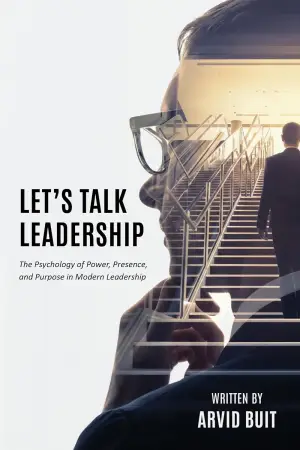Review of Stop Me If You’ve Heard This One by Kristen Arnett
As a long-time admirer of Kristen Arnett’s sharp wit and unique storytelling in her previous novels, I eagerly anticipated diving into Stop Me If You’ve Heard This One. With its quirky premise centered around an aspiring clown navigating the tumultuous landscapes of art and identity, I was ready for a delightful ride. However, what I thought would be an enchanting read turned out to be a bit of a letdown for me.
At the heart of the novel is Cherry, a lovable but struggling amateur clown, trying to make a name for herself while grappling with profound themes of artistry, sacrifice, and the challenges of existence. There are moments where Arnett beautifully dissects what it truly means to be an artist, especially when "The Horrors" of life loom ominously overhead. The exploration of creative struggles and the tendency to give up when surrounded by discouragement resonated deeply with me. After all, any creative endeavor is rife with obstacles—it’s a miracle that anyone manages to produce art at all.
However, there was a disconnect for me. The carefully curated thoughts on art that flowed through Cherry’s inner monologues often felt more like the author’s own grappling with creative identity rather than authentic reflections of Cherry’s character. Her profound and self-serious philosophical musings on the nature of art seemed almost incongruent with her clowning aspirations. Instead of finding humor in the absurdity of life, I often felt an overwhelming weight of ellipses and existentialism that, at times, veiled the light-heartedness I craved.
Moreover, my experience was marred by a particular narrative device: the tendency to over-explain comedy. I found myself echoing a similar frustration as I did with Curtis Sittenfeld’s Romantic Comedy. For me, comedy thrives in the simplicity of delivery. I adore the joy of laughter bubbling up spontaneously; yet when a character spends pages dissecting the essence of a joke, it pulls me right out of the moment. I longed for the narrative to trust me to find the humor organically, rather than spoon-feeding me its intricacies.
On a brighter note, Arnett captures the urgent realities of grief, family dynamics, and the nuances of existing as queer with striking empathy. The depth of these discussions shines through, even if they occasionally feel overshadowed by convoluted themes. While the emotional threads are beautifully done, they sometimes drift aimlessly alongside the more abstract musings, leaving me feeling like some pieces of the puzzle didn’t quite fit.
Ultimately, I think Stop Me If You’ve Heard This One will speak to fellow fans of experimental narratives and artistic exploration. If you’re someone who appreciates philosophizing about the nature of creativity and can forgive a bit of narrative meandering, you may find joy here. However, if you, like me, tend to lean towards humor that doesn’t come with an instruction manual, this might be a tumble into a very different kind of comedic landscape.
Despite the disappointment, engaging with Arnett’s work has reaffirmed my ongoing love for exploring the human experience through narrative. As I put this book down, I couldn’t help but reflect on the idea that even when art doesn’t resonate perfectly, it prompts meaningful conversations—and I’m here for it.
Discover more about Stop Me If You’ve Heard This One on GoodReads >>






